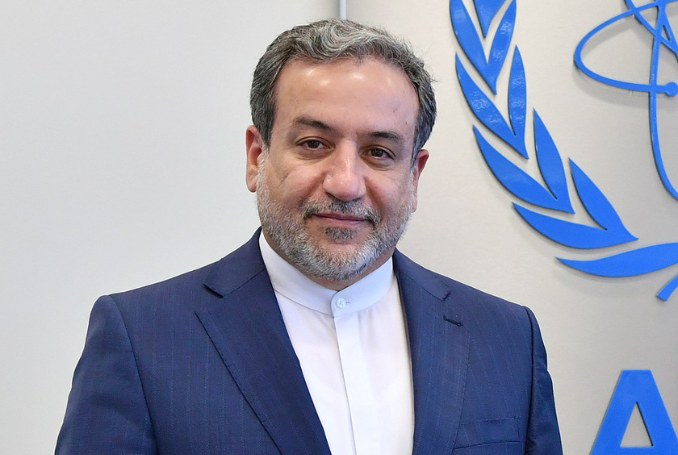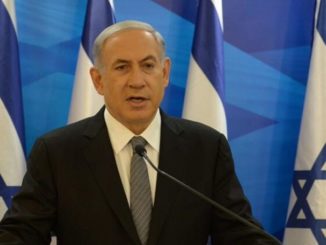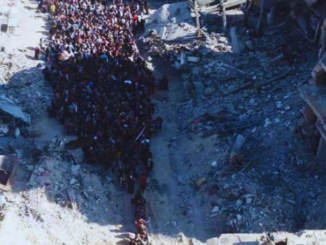
During indirect talks in Rome, Iran informed the US that it views the JCPOA as a “lesson learned” and does not intend to revive the 2015 nuclear agreement.
During the second round of indirect talks with the United States in Rome, the Iranian delegation, led by Foreign Minister Abbas Araghchi, conveyed to the US side that Iran considers the 2015 Joint Comprehensive Plan of Action (JCPOA) a “lesson learned” and has no intention of returning to it.
In a post on X, Araghchi stated, “We have made it clear that many in Iran no longer see the JCPOA as a beneficial agreement. For them, what remains of this deal are simply ‘lessons learned.’ Personally, I tend to agree with that perspective.”
He noted that while some cautious optimism regarding the negotiations exists, progress has been made in outlining a framework for a future agreement.
The second round of discussions between the US and Iran concluded on Saturday in Rome after nearly four hours, with Omani Foreign Minister Badr al-Busaidi mediating. These indirect negotiations involved the delegations remaining in separate rooms and communicating through the Omani mediator.
| Iran’s Foreign Minister:
We have serious doubts about US motives, but we’ll attend tomorrow talks with seriousness. Reaching a deal is possible if US avoids unrealistic & illogical demands.
Russian FM Lavrov assured me of Russia’s constructive role.” pic.twitter.com/UeBNaviXOe
— Arya – آریا (@AryJeay) April 18, 2025
This session followed the initial round held on April 12 in Muscat, where US and Iranian representatives, led by Special Envoy Steven Witkoff and Araghchi respectively, engaged in talks facilitated by Oman concerning Tehran’s nuclear program.
In 2015, Iran and a group of international mediators—Britain, China, France, Germany, Russia, and the United States—signed the JCPOA. This agreement aimed to resolve a long-standing nuclear crisis that began in 2004 amid Western allegations of Tehran’s pursuit of nuclear weapons.
However, US President Donald Trump unilaterally withdrew from the agreement during his first term, undermining its implementation. Subsequently, President Joe Biden expressed a willingness to re-enter the JCPOA, and negotiations to restore the accord to its original terms have been ongoing since April 2021. Despite these efforts, diplomatic progress has remained elusive.
While the West articulates its apprehension regarding Iran’s nuclear program as stemming from potential threats, many observers believe these efforts are significantly driven by a desire to appease Israel, a nation possessing a well-established nuclear arsenal.
Sources say that the #Iran-US talks in Rome, mediated by Oman, have been “constructive” with the new round to be held in the coming days. The current round in Rome lasted about four hours. https://t.co/uwPSF7NCFd pic.twitter.com/3W1M9EspY2
— Iran Nuances (@IranNuances) April 19, 2025
Iran, for its part, consistently asserts that its nuclear program serves exclusively peaceful objectives and that it harbors no intention to develop nuclear weapons, citing both moral and religious principles.
Israeli Prime Minister Benjamin Netanyahu has repeatedly issued threats to strike Iran’s nuclear facilities and has for years actively lobbied Washington for the US to initiate military action against Iran.
Although Trump, during his first term, satisfied Netanyahu’s demands by withdrawing from the nuclear agreement, his stance appeared to shift during his second term, suggesting an unwillingness to escalate tensions with Iran, much to the frustration of Israel and Netanyahu.
(TASS, PC, Social Media)









Iran is not an enemy to the United States of America. Neither is Russia or China. The US government is the only threat to our nation, our sovereignty, our future. YOU voted for that.